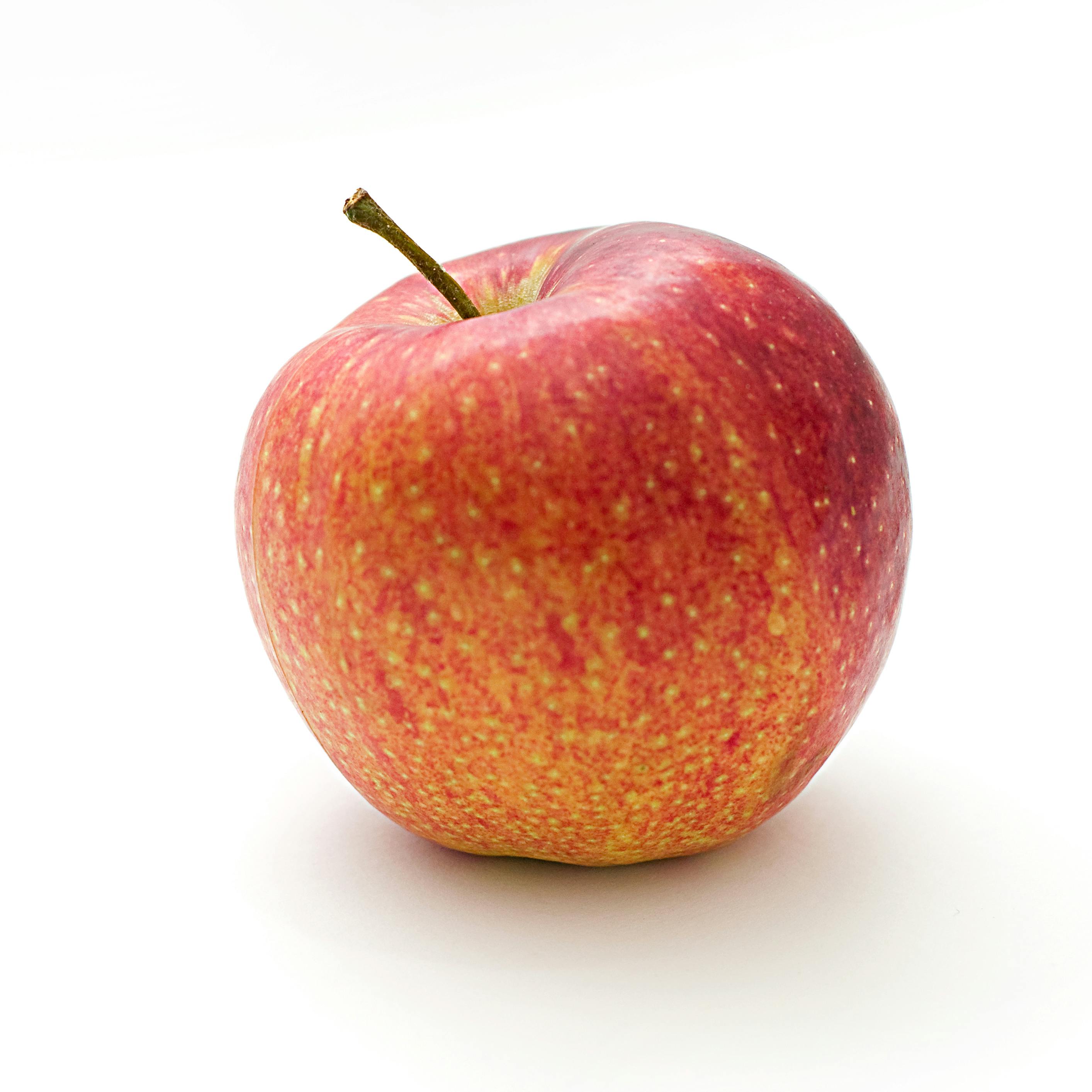
Essential Guide to Low Fiber Diet Before Colonoscopy
Preparing for a colonoscopy can seem daunting, especially when it comes to dietary restrictions. A low fiber diet is essential for effective colon preparation, as it helps to clear the bowel for a smoother procedure. This guide will explore essential aspects of the low fiber diet, provide practical tips on what to eat before colonoscopy, and share strategies for maintaining digestive health through the preparation process.
Understanding the Low Fiber Diet
A low fiber diet is specifically designed to minimize the intake of dietary fiber, which can help avoid complications during a colonoscopy. It's important to understand the significance of fiber and its role in digestive health. While fiber is essential for overall gut health, it can interfere with visualization during colonoscopy if consumed excessively. Thus, following a low fiber diet is not just crucial for comfort but also for ensuring successful outcomes during colonoscopy preparations.
What Does a Low Fiber Diet Entail?
A low fiber diet consists of foods that are easy to digest and that leave little residue in the intestines. This typically includes foods such as white bread, cooked vegetables without skins, and lean meats. Additionally, opting for **low fiber snacks** like certain crackers or yogurt can keep your energy levels stable without overwhelming your digestive system. Here are some examples of low fiber foods to include in your pre-colonoscopy meal plan:
- White rice or pasta
- Bananas
- Eggs
- Broths and clear liquids
- Plain pancakes or waffles without whole grains
Being mindful of fiber is essential because it keeps your colon health intact while preparing for any gastrointestinal procedure. New dietary adjustments can feel foreign, but they are vital for effective bowel preparation and subsequent examination.
Foods to Avoid Before Colonoscopy
Preparing a specific list of foods to avoid can significantly enhance colonoscopy prep efficiency. Foods containing high amounts of fiber such as whole grains, nuts, seeds, and certain fruits and vegetables should be minimized or eliminated in the days leading up to the colonoscopy. Additionally, avoiding gas-producing foods such as beans and cruciferous vegetables can help stave off discomfort. Obeying these low fiber dietary guidelines is paramount to ensuring that the process runs smoothly.
The Importance of Meal Timing
Meal timing plays a crucial role in effective colonoscopy preparation. It's recommended to start the low fiber diet a few days prior to the procedure. This means gradually decreasing your fiber intake, which helps your digestive system adjust effortlessly. Also, light meals are ideal, focusing on hydration, especially on the day prior to your colonoscopy. This allows for maximum bowel cleansing, minimizing the risk of fiber-related complications during the colonoscopy procedure.
Hydration and Low Fiber Diet
Maintaining proper hydration is as essential as the right food choices when preparing for a colonoscopy. Staying hydrated ensures that your digestive system functions well and aids in bowel cleansing. Clear liquids only, such as broth, clear juices, and plain water, are recommended leading up to the day of the procedure. **Hydration before colonoscopy** not only supports every system in your body but also enhances the effectiveness of bowel prep, reducing discomfort during the process.
Types of Clear Liquids
In addition to plain water, you can enjoy numerous clear liquid options. Consider crush ice or enjoy gelatin without added fruit to easily comply with colonoscopy dietary restrictions. Broths or strained fruit juices also enhance hydration while keeping your body nourished ahead of the appointment. However, stay away from any liquids that contain pulp or high fibrous content. Particularly, adhering to clear liquid guidelines can significantly enhance overall colon health heading into the colonoscopy.
Tips for Staying Hydrated
To maintain optimum hydration, consider setting reminders on your phone to drink fluids consistently throughout the day. Water flavored with lemon or a splash of clear fruit juices can make hydration engaging without adding any fiber content. Moreover, adequate hydration can also help in avoiding constipation, a common concern when preparing for a bowel cleansing. Limiting caffeine and alcohol can benefit your gut, creating a positive impact ahead of the colonoscopy.
Light Meals and Preparation
Incorporating light meals in the days prior to your procedure can keep your energy levels stable. Meal prep for colonoscopy could include options like baked chicken or fish, plain rice, and soft fruits such as melon or peeled apples, which provide total nourishment without overwhelming your digestive system. Ensure that these meals uphold the principles of the **pre-colonoscopy nutrition** well, avoiding complications related to fiber intake.
Simulating Bowel Cleansing Effectively
Effective bowel preparation is fundamental for a successful colonoscopy. It allows for thorough visualization of the colon, reducing the risk of needing additional appointments. While a low fiber diet is crucial, utilizing additional methods for bowel cleansing can further enhance your results. Whether using magnesium citrate or other prescribed solutions, it's essential to follow doctor’s recommendations for maximum efficacy.
Managing Dietary Adjustments
Managing your diet is equally important leading up to the procedure. Observe close to zero fiber intake since these dietary adjustments keep your gut health vibrant and prepare you efficiently for the colonoscopy. Engage proactively with healthcare professionals to establish a low fiber meal plan that is nutrient-supportive while still adhering strictly to necessary restrictions. Additionally, navigating through **healthy eating guidelines** can smooth out transitions in dietary management before your colonoscopy.
Using Laxatives for Bowel Prep
Besides dietary strategies, your physician may recommend a restricted laxative regimen to support **bowel cleansing**. These pharmaceutical aids can significantly enhance the cleansing process. Always ensure to abide by the pre-test guidelines provided by your healthcare provider before using any laxatives. Following these aspects closely will work hand-in-hand with a low fiber approach to pave the way for a successful procedure.
Key Takeaways
- Follow a low fiber diet days before your colonoscopy to ease digestion.
- Stay hydrated with clear liquids leading up to the procedure.
- Avoid high fiber foods such as whole grains, fruits with skins, and certain veggies.
- Adhere closely to doctor recommendations regarding additional bowel cleansing techniques.
- Practice meal timing in the days before the procedure to enhance bowel health.
FAQ
1. What foods can I eat on a low fiber diet?
You can consume low residue options such as white bread, lean meats, and well-cooked vegetables. It's advised to avoid fibrous foods like whole grains, nuts, and legumes to maintain a proper low fiber diet.
2. How important is hydration during colonoscopy prep?
Hydration is crucial; it keeps the bowel clear and improves colonoscopy prep efficiency. Drinking clear liquids such as broth and juices can aid significantly.
3. Can I drink coffee before a colonoscopy?
It is generally recommended to avoid caffeinated drinks as they can cause dehydration. Stick to clear liquids to ease the digestive process.
4. What should I avoid in the days leading up to the colonoscopy?
Avoid high fiber foods, gas-producing items, dairy, and any food containing seeds or nuts to ensure an effective bowel preparation process.
5. How soon should I start a low fiber diet before the colonoscopy?
It is recommended to start a low fiber diet a few days prior to the procedure, usually 2-3 days, to allow your body to adjust and prepare effectively.
6. Is a low fiber diet safe for everyone?
While generally safe, those with specific medical conditions should consult their healthcare professional for personalized guidance on dietary restrictions and management just before the colonoscopy.
7. Can I eat yogurt before a colonoscopy?
Yes, plain yogurt without fruit can be consumed as it is low in fiber. However, ensure it fits within the clear liquid or low residue framework that your healthcare provider advises.

